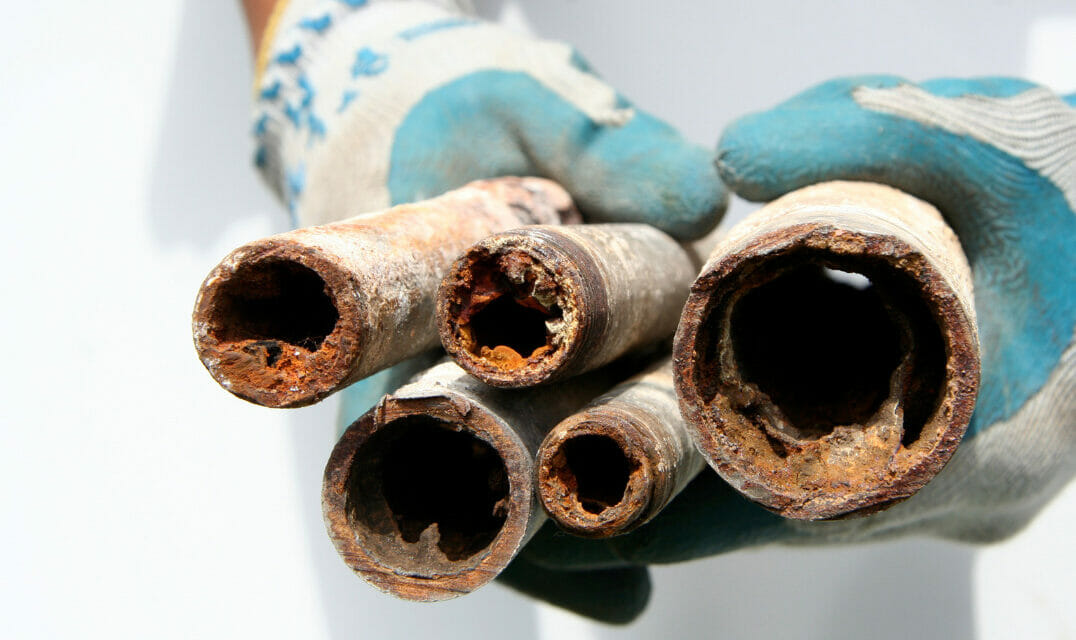Dealing with clogged drains is a frustrating and inconvenient experience that many homeowners have encountered. The good news is that there are several preventive measures you can take to keep your drains flowing freely and avoid the hassle of clogs. In this blog post, we will discuss effective tips and strategies to prevent drain clogs in your home. By following these guidelines, you can maintain a well-functioning plumbing system, save time and money on repairs, and ensure a stress-free living environment.
- Mindful Disposal Practices: One of the primary causes of drain clogs is improper disposal of waste. To prevent clogs in your kitchen sink, avoid pouring grease, oil, or fat down the drain. Instead, let them cool and dispose of them in a sealed container or throw them in the trash. Similarly, be cautious with food scraps, coffee grounds, and fibrous materials like vegetable peels. Use a sink strainer or screen to catch any solid particles, preventing them from entering the drain.
- Regular Drain Maintenance: Regular maintenance is key to preventing drain clogs. Flush your drains with hot water once a week to help remove any buildup and keep them clear. For an extra cleaning boost, add a cup of baking soda followed by a cup of vinegar and let it fizz for a few minutes before rinsing with hot water. This natural remedy helps break down grime and keeps your drains fresh. Additionally, consider using enzyme-based drain cleaners on a monthly basis to break down organic matter and maintain clear pipes.
- Proper Toilet Usage: Toilet clogs are a common issue that can cause significant inconvenience. To prevent clogs in your toilet, ensure that only human waste and toilet paper are flushed down the drain. Avoid flushing items like wet wipes, sanitary products, cotton balls, or excessive amounts of toilet paper, as they can easily cause blockages. Educate your family members and guests about the importance of responsible toilet usage and provide a covered waste bin in the bathroom for disposal of non-flushable items.
- Hair and Lint Management: Hair and lint are frequent culprits of shower and bathroom sink clogs. Install drain screens or hair catchers in these drains to trap hair, preventing it from accumulating and causing blockages. Regularly clean and remove any hair or lint buildup from these screens. Additionally, after showering, use a towel or tissue to wipe away loose hair from your body before it falls into the drain. Being proactive in managing hair and lint can go a long way in preventing clogs.
- Tree Root Prevention: Tree roots can infiltrate underground sewer lines and cause significant clogs and damage. To prevent this issue, be mindful of the location of trees and large shrubs in your yard concerning the sewer lines. Consult a professional to determine the appropriate distance for planting trees near your sewer lines. Regularly inspect your yard for signs of root intrusion, such as lush patches of grass, sinkholes, or cracks in the foundation. If you suspect root infiltration, consider professional root removal or installing root barriers to protect your pipes.
Preventing drain clogs is an essential part of maintaining a well-functioning plumbing system in your home. By implementing these preventive measures, such as mindful disposal practices, regular maintenance, responsible toilet usage, hair and lint management, and tree root prevention, you can significantly reduce the occurrence of clogged drains. Remember, a little effort in prevention goes a long way in ensuring a smooth-running home with clear and hassle-free drains.
It is also important to realize that a trained professional is necessary in ensuring your home’s value and safety. If you need an expert’s opinion, please contact:
Axium’s Premier Plumbing Partner – Hyper Flow Service (720) 336-2511.





















